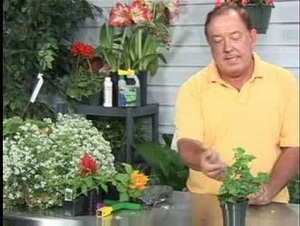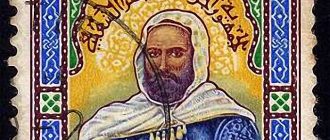Looking for tips on how to care for your Algerian Ivy plants? Read our guide for more facts & information…
Algerian ivy is an evergreen vine with dark green leaves, white flowers which bloom in late summer or early fall and small berries which are moderately toxic to humans and may cause allergic skin reactions in some individuals. It is native to North Africa and requires moist soil, and moderate temperatures to thrive outdoors. It is less invasive than most species of European and Asian ivies, but it may be restricted for outdoor use in certain areas of the United States and Australia.
Landscaping With Algerian Ivy
Algerian ivy is hardy in the southern regions of the United States and requires moderate temperatures and moist soil to thrive. It is not a good choice for coastal areas as salt in the water or air may inhibit growth or kill the plant. During the first week following planting, the soil around the plant should be watered daily. Regular watering and twice a year feedings will keep plants healthy and happy. Plants should be pruned as soon as the blooms have disappeared in the fall, but since the sap is toxic to humans avoid contact with it during pruning. Algerian ivy can be trained to grow up rocks, fences or walls.
Algerian Ivy as a House Plant
Because Algerian ivy is toxic if ingested, it is not recommended for households with children and pets. Potting soil should be a loose mix of garden soil, perlite and humus and should be kept moist, but not wet. As an indoor plant, Algerian ivy requires feeding every two weeks and should have low or indirect bright light for optimum growth. Since it is subject to damage from a number of insect pests including mealy bugs, aphids and scale, new plants should be inspected before being introduced to the home. Always use gloves when pinching back this plant since the sap is toxic and may cause serious skin irritation.
Restrictions on Growing Algerian Ivy
It may be illegal to grow Algerian ivy outdoors in some jurisdictions in the U.S. Invasive species of ivy have created serious environmental problems, especially in the Southeast and California. Before planning landscapes using Algerian ivy, gardeners should contact their state department of agriculture or the agricultural extension of their state university to research the regulations for alien species in their area.
Algerian ivy is a beautiful plant and a hardy addition to landscaping in zones 8 through 10 (USDA) in the United States. It requires shade or partial sunlight and plenty of water to remain healthy. Some areas may restrict the use of Algerian ivy in landscaping, but it is also an attractive houseplant which looks wonderful in hanging baskets.





